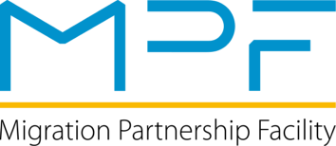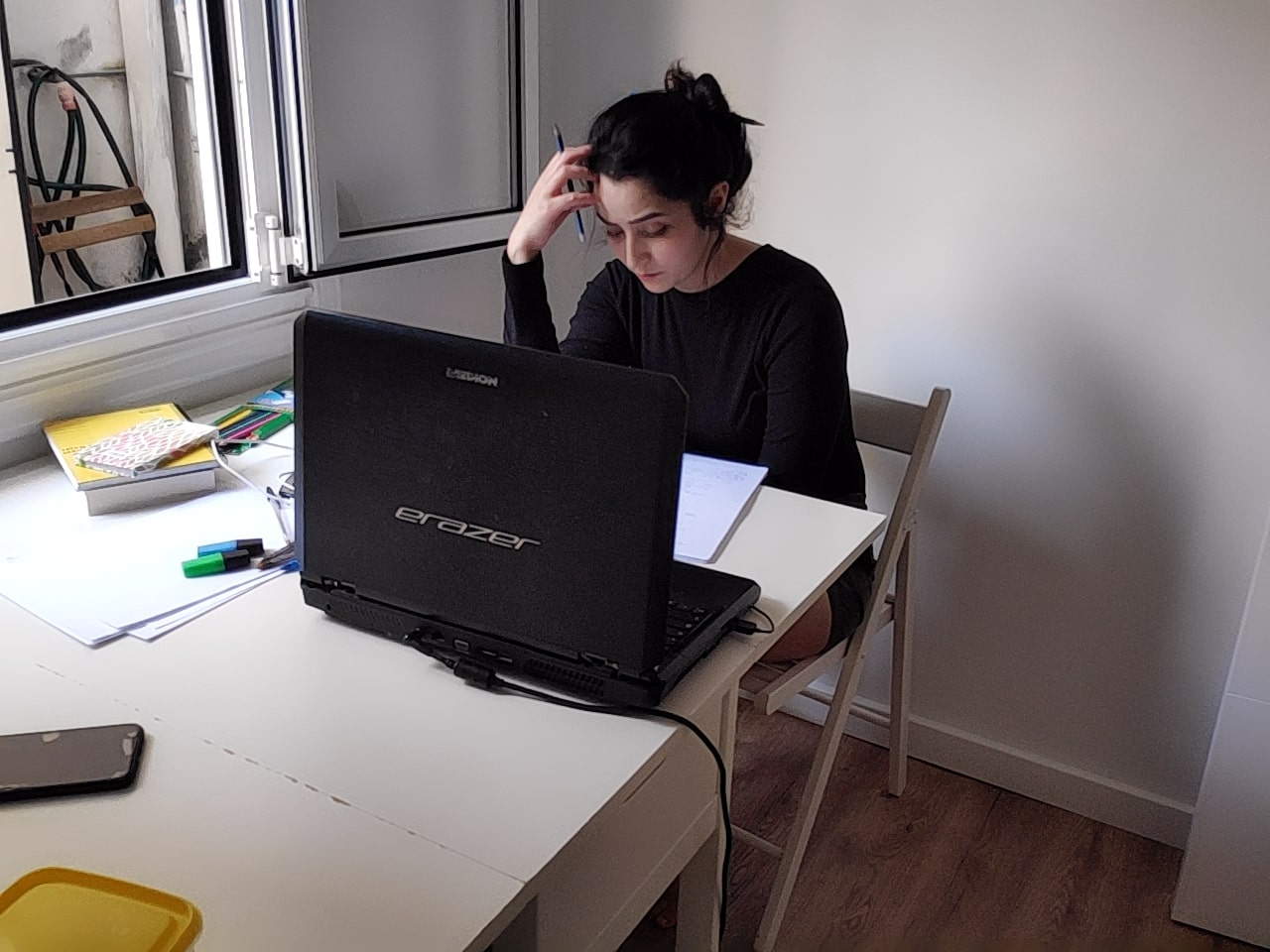“Young Generation as Change Agents” (YGCA) is an MPF-funded action seeking to establish a circular legal migration scheme between Morocco and Spain. The action offers young Moroccan graduates the opportunity to pursue a one-year master's degree in Spain, and supports participants to implement business and entrepreneurship projects upon their return to Morocco after graduation.
We spoke to Ms. Yasmine Maghnouj, a YGCA participant studying at the School of Architecture in La Coruña, about her experience in the programme. Yasmine is in the final stages of her master's degree in Architectural Rehabilitation and is currently following her courses online.
What prompted you to apply to participate in this programme?
I wanted to explore new horizons, acquire more and deeper skills in my particular field, and open myself up to a new experience that could help me advance a concrete project focused on the conservation of cultural heritage in Morocco.
Spain is one of the best destinations to study abroad in this context. The quality of education, the recognition of degrees, and the overall good reputation of culture and student life convinced me that I needed to apply. I feel very lucky to be part of this pilot project for legal migration and to benefit from this opportunity given to us by the European Union, together with the Spanish Service for the Internationalisation of Education (SEPIE) and its partners in Morocco and Spain.
How have you been feeling along the way?
I have been feeling a mixture of great emotions! The COVID-19 pandemic hit Europe and Spain in the middle of the academic year and has drastically changed my everyday life in La Coruña but I feel overall still positive about the experience.
Fortunately, the programme organisers have accompanied us closely from the beginning, helping us throughout the process, starting from the organisation of pre-departure training to ensure that integration in Spain could take place in the best possible conditions.
Applying Spanish in a professional and academic context was indeed challenging at first, but I slowly became used to it and can proudly say that I have been able to pass all my exams with flying colours so far. And I have made friends quite quickly.
But of course, there were also challenges. Due to the pandemic, teaching and exams moved to online services, and the mobility restrictions have affected the curriculum which originally had a strong practical orientation, e.g. field visits. There were some technical hiccups during the transition time, and it was also really hard to be away from family and friends in such uncertain circumstances. However, teachers, coordinators and my small support network (such as my roommates) have helped me navigate and overcome these obstacles.
I must say that I was amazed to see the power of virtual interaction and support: I would not have expected that. We have had online meetings for group work, and calls to motivate each other. Surprisingly, the links did not crumble with the distance but strengthened in adversity, and that felt very comforting to me. It shows the good relationships that formed during this year, friendships that I hope to maintain in the years ahead.
How will you use what you have learned once you return to Morocco?
The objective is to return to Morocco not only with new technical and theoretical tools acquired here but also with motivation and inspiration.
I would like to develop a business project focused on eco-responsible heritage, aimed at the rehabilitation of buildings and places of our Moroccan national heritage, which is so rich and diverse. The idea is to take into account ancestral construction techniques and local materials, and be more respectful of the environment. I have a firm project in mind, which is linked to my final master’s project, and proposes the rehabilitation and transformation of the San José de Larache Church – a legacy of the Spanish community from the early 20th century – into a heritage site. The initiative seeks to add value to the old city and the particular neighbourhood where the church is located, which lacks economic and socio-cultural activity. The creation of this museum could stimulate tourist activity in the historical centre of the city, as well as generating work for local residents and allowing the development of other projects, such as the restoration of neighbouring buildings that also suffer ongoing and significant damage or the creation of guesthouses and craftsmen's workshops. All of this aims at promoting a broader project of sustainable tourism in Morocco.
Did developments in the last few months change your outlook on your future after the programme?
Travel restrictions related to the prevention of the spread of the pandemic have not allowed me to collect all the data I would need to present my project idea within the original timeline, but I have adapted it and hope to submit it in September – most probably from Morocco.
Despite having been unlucky with the timing and external factors, I still think this is one of the best opportunities I have been able to experience, both personally and professionally.
YGCA is part of the MPF pilot projects on legal migration seeking to contribute to the delivery of the European Agenda on Migration.
SEPIE, the Spanish Service for the Internationalization of Education, under the Spanish Ministry of Universities, leads on the implementation of this action and in cooperation with the Spanish Ministry of Inclusion, Social Security and Migration, the UN International Organization for Migration, and the Moroccan Ministries of Foreign Affairs and International Cooperation, Labour and Professional Insertion and National Education, Professional Training and Higher Education.

